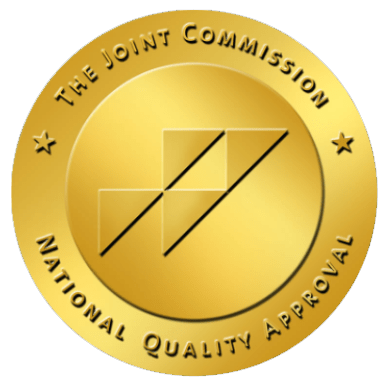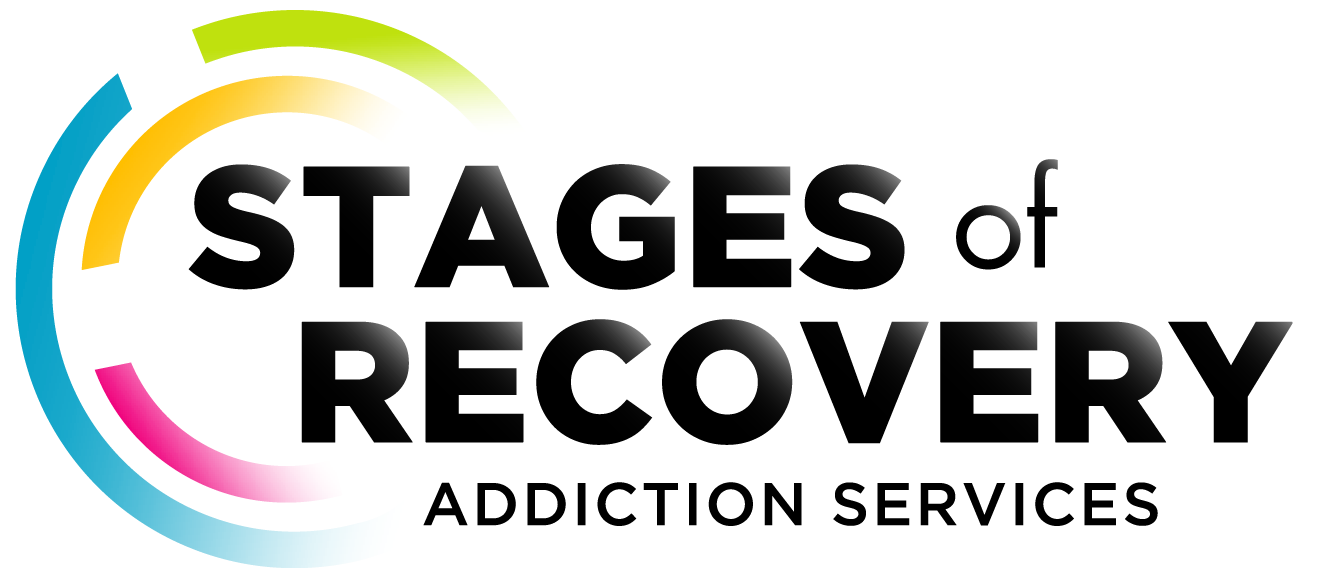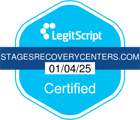READY FOR RECOVERY? WE’RE READY FOR YOU.
We’re committed to fostering unbroken recovery. We provide treatment for addiction and dual diagnosis that is both life-long and life-changing. At Stages of Recovery, our continuum of care helps individuals struggling with addiction become the people they were meant to be.
If you’re looking for a safe recovery program for yourself or someone you know, there is hope. Call us today.
Call Us Today: (806) 412-4721







